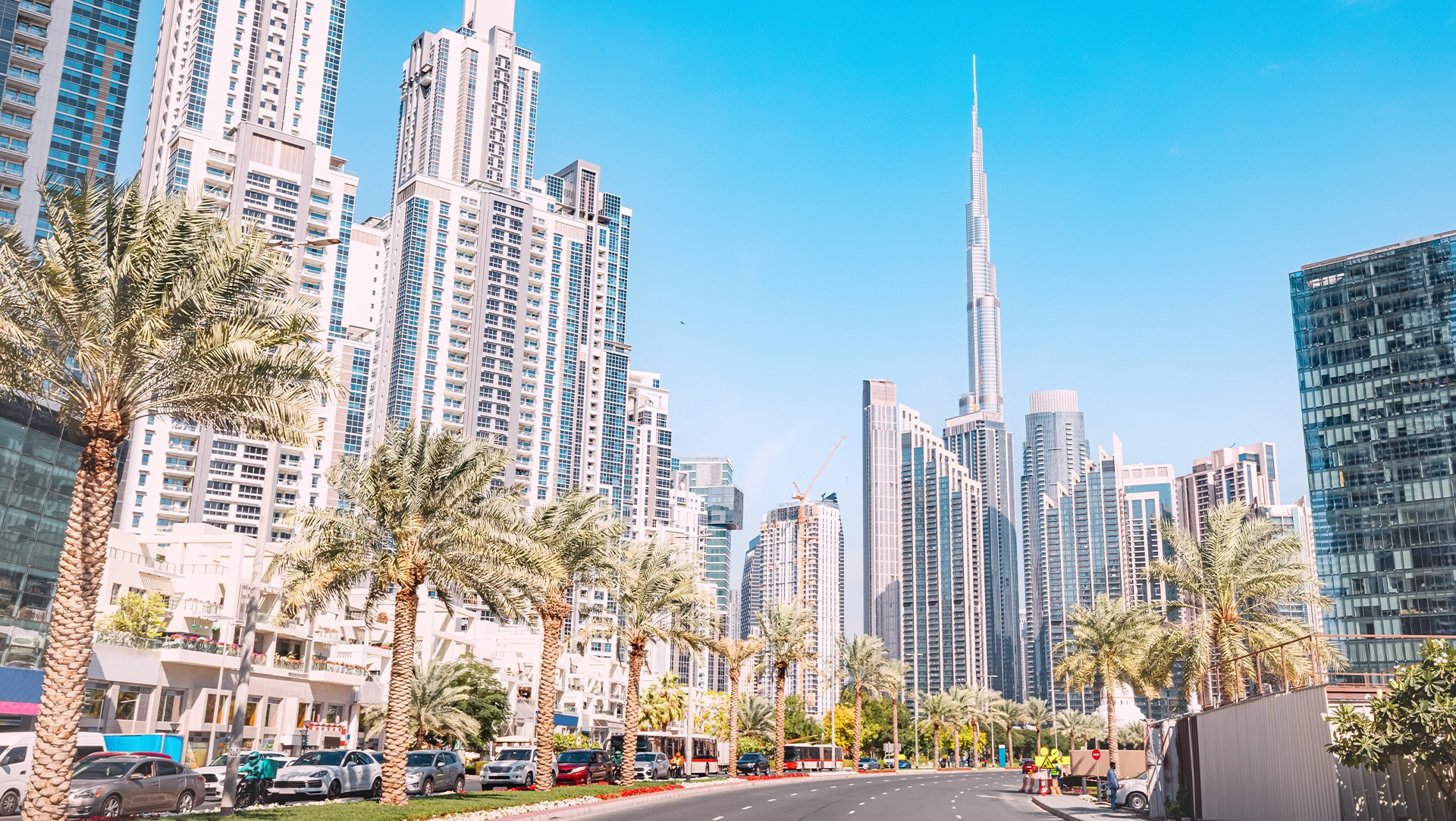The Evolution of Dubai’s Real Estate Market: From Uncertainty to Unparalleled Growth
Dubai’s property market has undergone a remarkable transformation over the past decade, emerging stronger and more resilient than ever before. As we navigate through 2025, the real estate landscape continues to evolve, driven by innovative technologies, forward-thinking policies, and changing investor demographics. This comprehensive analysis explores the disruptive forces shaping Dubai’s property sector and offers insights for investors, homebuyers, and industry consultants looking to capitalize on emerging opportunities.
1. Market Maturity: The Shift from Oversupply to High Demand
The narrative of Dubai’s real estate market has fundamentally changed. Once plagued by concerns of oversupply, today’s market demonstrates remarkable maturity characterized by high demand and growing investor confidence. Quality developments are now being absorbed at a rapid pace, and newly launched projects, particularly those from developers with a proven track record, are seeing strong interest from both domestic and international buyers.
The market has evolved from a buyer’s playground to a balanced environment where thoughtfully planned developments command premium prices. Enhanced regulations have bolstered transparency and significantly reduced project delays, creating a stable ecosystem for both developers and investors.
2. Revolutionary Visa Reforms: Redefining Residency and Investment
Perhaps the most impactful disruptor in Dubai’s real estate landscape has been the revolutionary visa reforms implemented by the UAE government. The removal of the AED 1 million minimum investment requirement for Golden Visa eligibility has democratized access to long-term residency options.
The introduction of 10-year Golden Visas and 5-year renewable residency options has transformed Dubai from a transient expat hub into a long-term residence destination. This policy shift aligns perfectly with the city’s vision of creating a sustainable real estate ecosystem built on homeownership rather than temporary rentals.
3. Technology Integration: Smart Homes Redefining Urban Living
The pulse of Dubai’s future market is heavily influenced by technological innovation. Smart home technology is no longer a luxury but an expectation among discerning buyers. New developments are increasingly featuring integrated home automation systems, convertible living spaces, and even early-stage infrastructure planning for future technologies like sky taxis.
These tech-enabled residences offer unprecedented convenience, security, and energy efficiency, setting new standards for urban living in Dubai. The emphasis on technological integration extends beyond individual units to encompass entire community ecosystems.
4. Lifestyle-Centric Developments: Beyond Basic Living Spaces
The concept of home has evolved dramatically in Dubai’s premium real estate sector. Today’s developments integrate luxury, wellness, and entertainment facilities as standard features rather than exceptional add-ons. Branded partnerships, themed amenities, and curated lifestyle offerings are gaining traction among developers and residents alike.
Floating cinemas, sky gyms, infinity pools, and multi-functional community hubs are now part of the expected experience, highlighting how demand is shifting toward experiential, community-focused living environments.
5. Demographic Shifts: The New Dubai Investor Profile
Dubai’s investor demographic is undergoing a significant transformation. The city is increasingly attracting high-net-worth individuals from diverse regions, including India, Russia, the UK, and beyond. The relaxed visa policy, coupled with Dubai’s global reputation for safety, world-class infrastructure, and business opportunities, has created a perfect storm for real estate investment.
This influx of global wealth, alongside an increasing number of expatriates seeking long-term residence, signals a disruptive shift toward multi-asset investment strategies focused on capital appreciation and lifestyle benefits rather than pure yield.
6. Infrastructure Development: Connecting Communities and Commerce
Major infrastructure projects continue to drive Dubai’s real estate growth in 2025. The Blue Line Metro extension, Dubai Airport expansion, and new community-focused developments in areas like Dubai Silicon Oasis are reshaping connectivity and enhancing operational convenience.
These developments further integrate residential and commercial sectors, making Dubai an increasingly attractive global real estate hub. Strategic investors recognize that infrastructure improvements often precede significant property value appreciation.
7. Sustainability and Eco-Conscious Development
Environmental consciousness has moved from a marketing buzzword to a fundamental design consideration in Dubai’s real estate sector. Developers are increasingly focused on creating eco-friendly, sustainable communities that minimize environmental impact while maximizing resident comfort.
Energy-efficient systems, solar integration, green roofs, and sustainable building materials are becoming standard practice in the design of future-focused developments, aligning with the UAE’s national sustainability goals and the rising expectations of environmentally conscious buyers.
Conclusion: Navigating Dubai’s Dynamic Real Estate Shift
Dubai’s real estate market in 2025 is defined by innovation, regulatory support, and growing global appeal. As these forces continue to evolve, buyers and investors alike are seeking long-term value and lifestyle alignment. Whether you’re entering the market for the first time or diversifying your portfolio, staying informed about the latest trends can help you make the most of what property in Dubai has to offer.




